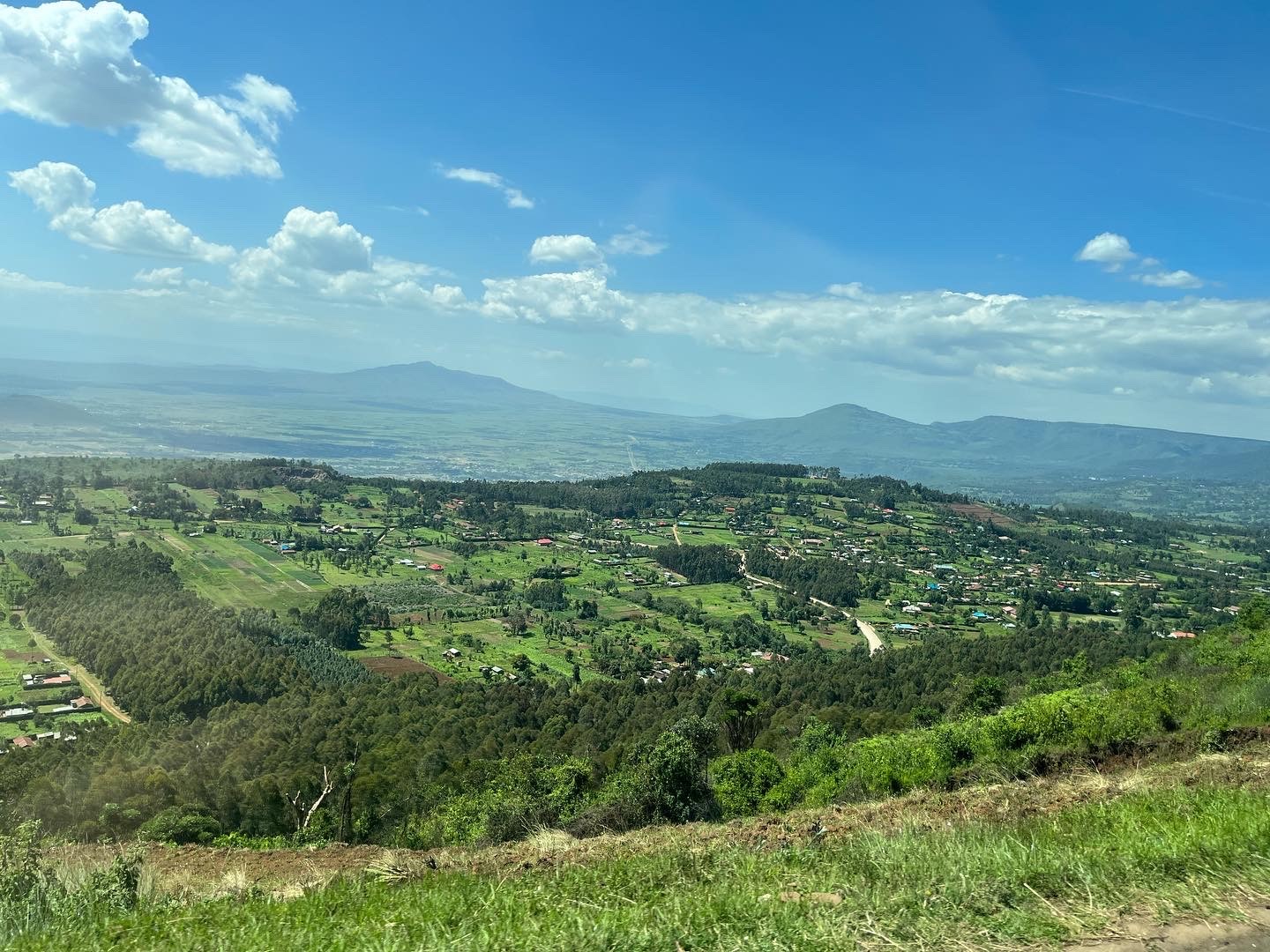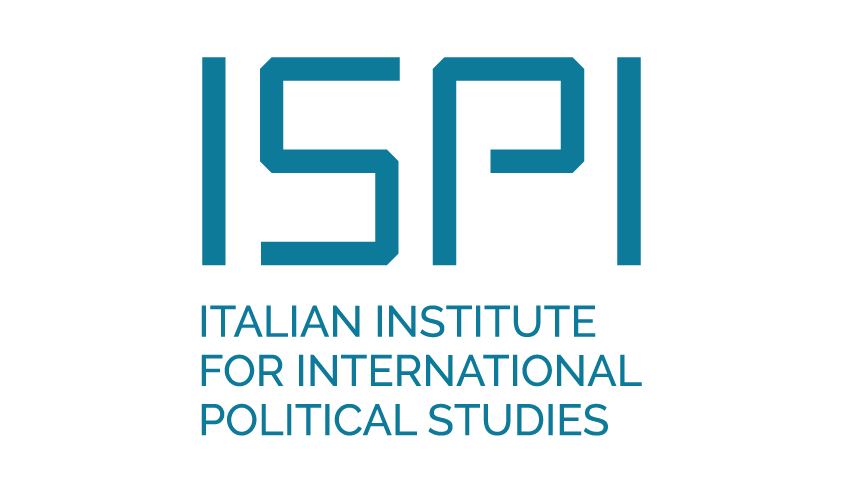Sub-Saharan Africa
Sub-Saharan Africa is not monolithic. While crises in the Sahel have attracted a great deal of attention, other regions also need to be monitored, and not just through the prism of security.
Related Subjects

Anglo-Kenyan Relations (1920-2024) : Conflict, Alliance and a Redemptive Arc

This article provides an evidentiary basis for postcolonial policy in its analysis of Anglo-Kenyan relations in a decolonization era.
Corruption in Kenya. Understanding a Multifaceted Phenomenon
In Kenya, corruption results from a confusion of public and private interests that is specific to the neo-patrimonial logic in place since British colonization. The strong moral and political ethnicity that characterizes the country fuels an ambiguous relationship between the population and the elite.
Towards Geopolitical German Development Cooperation? Recent History, Current Trends, and Future Prospects
German development cooperation (GDC) in a post-Merkel era can be expected to become more geopolitical. Recently adopted German policy documents like the Indo-Pacific guidelines as well as the support to the geopolitical ambition of the European Commission suggest such a tendency for future German policy making.
Land Governance in the Outskirts of African Cities. Socio-Economic Challenges of Growing Peri-Urban Land Markets
Between 2020 and 2050, Africa’s population is expected to double, and the continent will be home to 2.5 billion people. Almost half of this population will be living in urban agglomerations. Metropolitan cities, such as Lagos, Nairobi, Dar es Salaam or Abidjan will host several tens of millions of urban dwellers. Peri-urban areas are most affected by the cities’ expansion and undergo important social, political, and economic transformations.
Why France is losing its 'Great Game' in western Africa
The British used to call it "the Great Game" — the military and political jockeying of great powers in the late 19th century in Afghanistan, India and the areas around southern Russia. France, too, has played its "Great Game" in western Africa for 150 years. Now it's losing. Islamist extremists are winning.

Green Recovery for Sub-Saharan Africa: Boosting Sustainable Electrification
If sub-Saharan Africa followed the same model of economic development as the rest of the world, focused on the growth of carbon intensive industries, cities and infrastructures, it would seal the planet's climate future. Africa’s emissions today are among the lowest per capita in the world: 0.8 tons/capita.
Relations Between Europe and Africa Seen Through the Franco-German Prism
The year 2020 was to be a pivotal year for (re)formulating Europe's Africa strategy. Germany and France were committed to strengthening relations between the two continents and to consolidating them at the sixth summit of the African Union and the European Union, which was postponed because of the COVID-19 pandemic.
The Economic and Political Consequences of Falling Oil Production in Sub-Saharan Africa by 2030
The sharp rebound in oil prices since the second half of 2020, to nearly $70 per barrel in May 2021, represents only a temporary respite for oil-dependent African economies that must change their economic model very quickly.
Towards Health for All in Côte d'Ivoire? The Universal Health Coverage as a Means to Redefine the State and to Legitimize the Regime
Based on a field survey carried out in Côte d'Ivoire as part of the research program “Faire des politiques publiques en Afrique”, the author questions the genesis of Universal Health Coverage (UHC) in the field of global health and its appropriation in the Ivorian context.
Great Britain and Africa: Boris Johnson's Strategic Reversals
In 2020-2021, Prime Minister Boris Johnson undertook to fundamentally change the operational mode and strategy of relations between the United Kingdom and the African continent bequeathed by his predecessors since 1997.
A Kingdom in Troubled Waters: Lesotho's Forgotten Political and Security Crises
Lesotho is a landlocked mountain kingdom encased in South Africa for which it is a reservoir of water and labor. This kingdom of tormented creation is in a structural political and security crisis. Since 1993 and the return to multiparty politics, all elections, except that of 2002, needed regional mediation.
Support independent French research
Ifri, a foundation recognized as being of public utility, relies largely on private donors – companies and individuals – to guarantee its sustainability and intellectual independence. Through their funding, donors help maintain the Institute's position among the world's leading think tanks. By benefiting from an internationally recognized network and expertise, donors refine their understanding of geopolitical risk and its consequences on global politics and the economy. In 2024, Ifri will support more than 70 French and foreign companies and organizations.

















